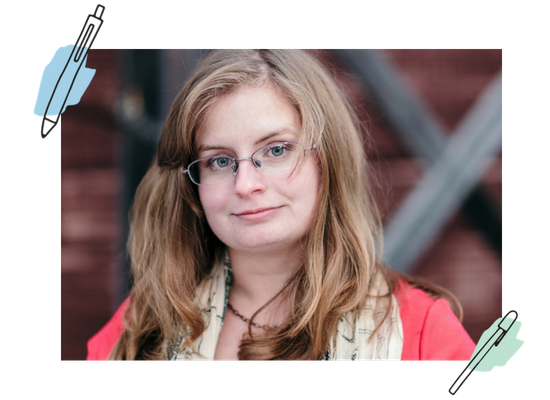Wrote this while I was abroad, but I didn’t get the chance to take it to Tolkien’s grave. Thought I’d share anyway. Dear Dr. Tolkien, I wanted to thank you for changing my life. When I was a little girl, my dad would read your books to me and my siblings. He read them three times to us, when I was eight, and again when I was twelve, and again when I was fourteen. When I was twelve I prayed for Frodo after he was stabbed. Later I remember running to the book and turning to the passage in the...
One thing that fascinates me, perhaps in a morbid way, is how disability and disease effects every part of a person’s life–especially when it’s not an physically obvious diseases. Today I read Nancy Mairs’s essay Disability, which I’d highly recommend. One of my favorite quotes comes at the end: But it will be a good bit easier psychologically if you are accustomed to seeing disability as a normal characteristic, one that complicates but does not ruin human existence. Achieving this integration, for disabled and able-bodied people alike, requires that we insert disability daily into our field of vision: quietly, naturally,...

After consuming the Mark of Athena in a matter of days, I approached my writing professor to rave about my reading experience. Since I kept talking about character voice and the beginnings/endings of chapters, she recommended I have a look at the book and think about ways Riordan wrote these elements, so that I might glean something for my own novel. She probably didn’t expect me to go through all four points of view with multicolor pens and margin notes. Writing tips below the cut! I’ve taken the first chapter containing each character’s narration and analyzed the heck out of it....















